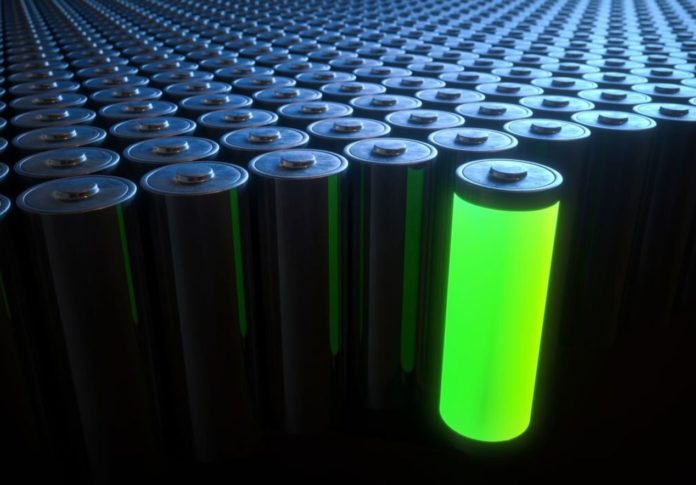When temperatures go below freezing, cell phones must be recharged more frequently, and electric vehicles have limited ranges.
This is due to the fact that the anodes in their lithium-ion batteries become sluggish, storing less charge and discharging energy more quickly.
Scientists report in ACS Central Science that they replaced the traditional graphite anode in a lithium-ion battery with a bumpy carbon-based material that keeps its rechargeable storage capacity down to -31 F. This makes the battery work better when it is very cold.
Rechargeable electronics benefit greatly from lithium-ion batteries’ high energy storage capacity and long life. When temperatures drop below freezing, however, these energy sources’ electrical effectiveness suffers, and in extreme cases, they may fail to transfer any charge.
It’s why some people in the Midwest of the United States have problems driving their electric cars in the dead of winter, and why using these batteries in space adventures is risky.
Scientists have recently found that the flat shape of graphite in the anode is the reason why a lithium-ion battery’s ability to store energy drops when it’s cold.
To improve the anode’s charge transfer process, Xi Wang, Jiannian Yao, and colleagues modified the surface structure of a carbon-based material.
The scientists heated a cobalt-containing zeolite imidazolate framework (known as ZIF-67) to high temperatures to develop the novel material. The rough surfaces of the resulting 12-sided carbon nanospheres displayed good electrical charge transport capabilities.
The scientists next put the material through its paces as an anode in a coin-shaped battery with lithium metal as the cathode. At temperatures ranging from 77 degrees Fahrenheit to -4 degrees Fahrenheit, the anode displayed steady charging and discharging and maintained 85.9 percent of its room temperature energy storage capacity slightly below freezing.
Compared to graphite and carbon nanotubes, lithium-ion batteries containing traditional carbon-based anodes, such as graphite, kept essentially little charge at freezing temperatures.
The anode built with rough nanospheres was still rechargeable after the researchers decreased the air temperature to -31 F, and upon discharge, it released nearly 100 percent of the charge put into the battery.
According to the researchers, incorporating the rough nanosphere material into lithium-ion batteries could allow these energy sources to be used at extremely low temperatures.
Image Credit: Getty
You were reading: Researchers Unveil New Lithium-ion Batteries For Extreme Cold Conditions
